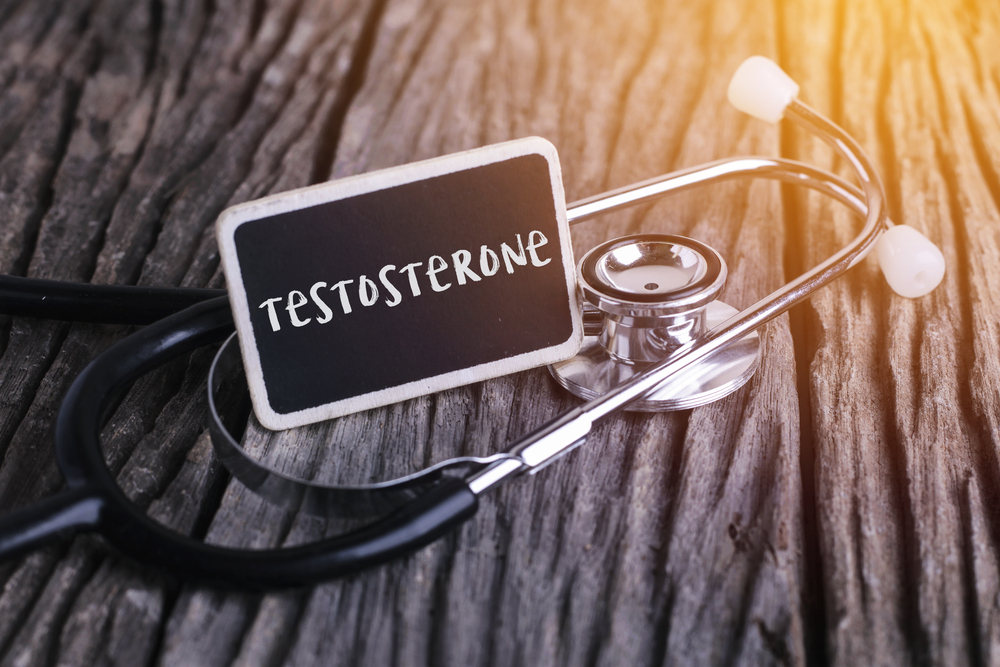Arq. Bras. Cardiol. 2024; 121(3): e20240138
Relationship of Testosterone with Obesity and Arterial Hypertension
This Short Editorial is referred by the Research article "Testosterone Deficiency in Hypertensive Men: Prevalence and Associated Factors".
Testosterone is the main male hormone and is responsible for the development of sexual organs, having importance in libido and sexual function in general. Although controversial, it is believed that this hormone gradually decreases with age, and some studies point to obesity as the main factor in hormonal reduction.,
Hormonal differences in men and women may explain some peculiarities in the behavior of certain diseases, especially cardiovascular (CV) diseases. Testosterone reaches a peak at 30 years of age, with a decline of 1-2% annually. In the elderly, the risk of developing testosterone deficiency (TD) increases significantly, which can lead to several symptoms. However, the effect of this hormonal reduction on CV risk is not yet well defined, as various comorbidities arise at later stages of life, especially obesity. In this mix of risk factors, it is somewhat difficult to typify the importance of DT objectively. Some studies, such as that by Laughlin et al., showed that DT increased CV risk. Others, such as “The Longitudinal Cardiovascular Health Study” and that of Collet et al. found no relationship.
[…]
Keywords: Hypertension; Obesity; Testosterone
487

